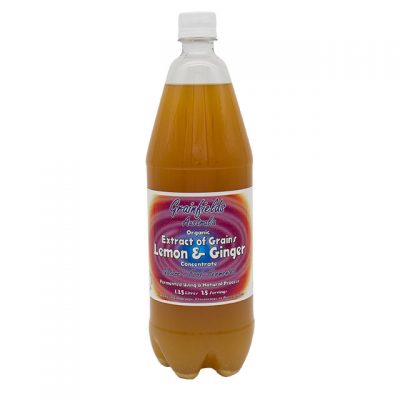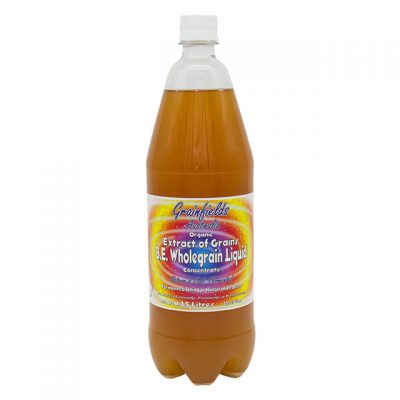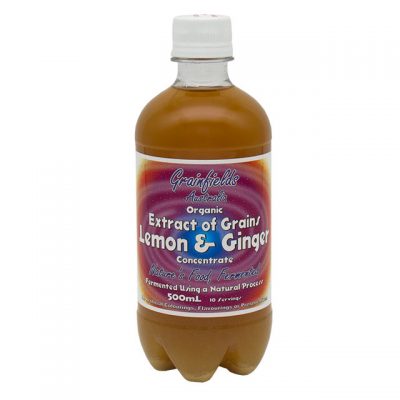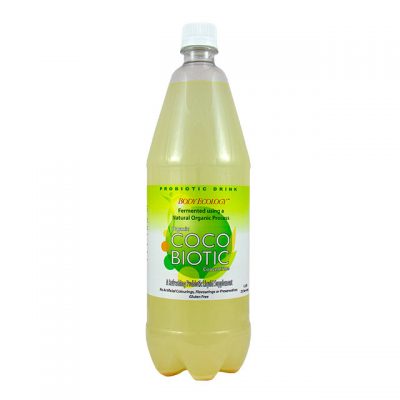A healthy microbiome is crucial for your dogs physical and mental health!
If your dogs’ gut flora is compromised they won’t get the nutrition they need from their meals. A healthy microbiome is needed to produce enzymes which helps your dog digest and use the nutrients in their food. Good gut flora also helps boost the immune system to help protect your dog from viruses like parvovirus and distemper, harmful yeasts, bacteria and pathogens. Also, because of the brain-gut axis which connects the brain with the gut nervous system, a gut imbalance can make your dog anxious, depressed and less able to cope with stress.
Living in the modern world with their humans, many dogs eat a diet of ready-made, processed foods. Some of these foods are high in starch and sugars which are too quickly absorbed before the gut microbes can digest them. When the microbes start looking for alternative food sources they can start to eat away the cells that line the intestines. This can develop into digestive issues such as leaky gut causing inflammation which can cause allergy symptoms, yeast infections, joint pain, and other ailments.
Just like humans, dogs with a gut imbalance can be susceptible to candida yeast infections causing irritation on the skin, ears, and between the claws. Constantly licking the paws, itching and red inflamed skin, hot spots, crusty flaky skin resembling dandruff, loss of fur on the tail and back are all signs of a yeast infection. If the ears are infected with yeast the symptoms include scratching and head tilting or shaking and in bad cases it can lead to deafness. If you suspect your dog is suffering from a very serious yeast infection, it is best to consult your vet who can take hair and skin samples for diagnosis and advise medications to help your dog recover more quickly.
Simple steps you can take at home to make sure your dog has a healthy microbiome to prevent yeast infections, stress, immune and digestive disorders occurring include:
- A healthy diet – A diverse diet is best for diverse gut flora and a healthy gut microbiome. A variety of fresh cooked and raw meats– chicken, beef and lamb, fish from time to time, raw bones and good quality ready made wet and dry foods. Raw vegetables such as carrot, kelp, pumpkin and spinach are also healthy foods for dogs to eat. All ready-made foods are not alike, choose vet recommended balanced foods without artificial additives that are higher in protein instead of high in sugars and carbs. In processed foods all the bacteria has been heated and processed out of them. If his food is deficient in bacteria, your dog’s microbiome colonies will be less diverse and start to die off. Many pre prepared foods now have probiotics added to them to make up for this. However, the naturally occurring good bacteria in fermented foods are more easily recognised by the digestive system. Not only can you feed your dog fermented foods, it’s also great for their gut health! This is why Grainfields created the PetPepUp range to help promote the good gut flora lacking in their diet.
- Bathing and grooming – When you bath your dog make sure you dry them properly, particularly the ears as yeast fungus thrives in moist areas. Brushing helps remove the dirt and dead skin which can lead to yeast dermatitis.
- Antibiotics – Where possible avoid over using them. There are times when they are needed but they do kill off good gut flora. Using a probiotic fermented food supplement like Grainfields PetPepUp can help to re establish good flora in the digestive system.
Dogs and people are quite alike when it comes to gut health. Our dogs need to have a healthy microbiome, full of good flora to thrive!
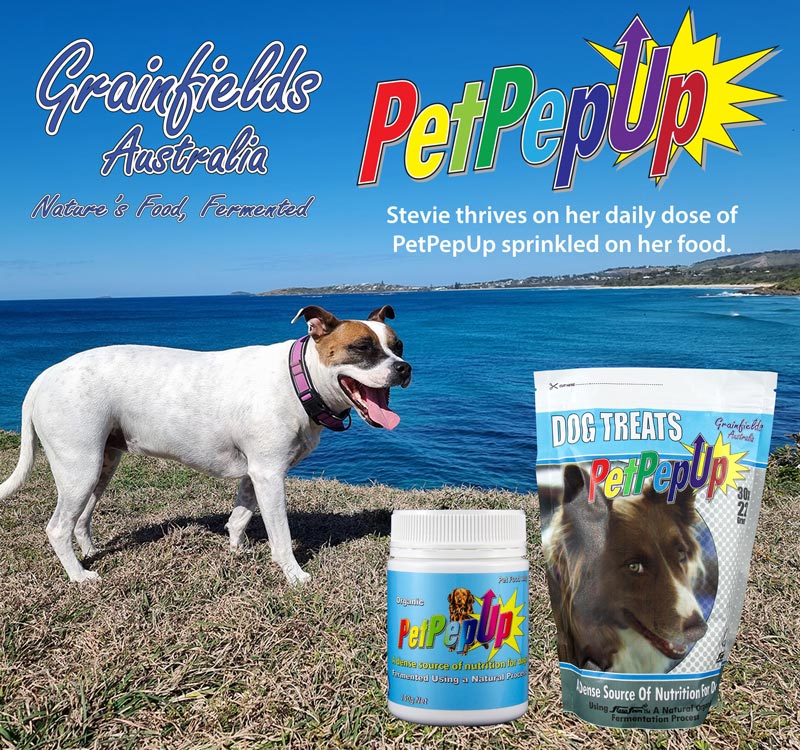
PetPepUp Pup Star Stevie!
“Stevie is a 5-year-old Staffy x Mastiff and has been a healthy dog her whole life. She gets 2 walks a day minimum and has Petpepup sprinkled on her daily feed. She loves her PetPepUp Dog Treats as well. She is happy and energetic. I think PetPepUp has played a big part in her good health. ” – Adam F.
Sources: The Role of the Canine Gut Microbiome and Metabolome in Health and Gastrointestinal Disease- Rachel Pilla and Jan S.Suchodolski. Department of Small Animal Clinical Sciences, Texas A&M University, College Station, TX, United States


